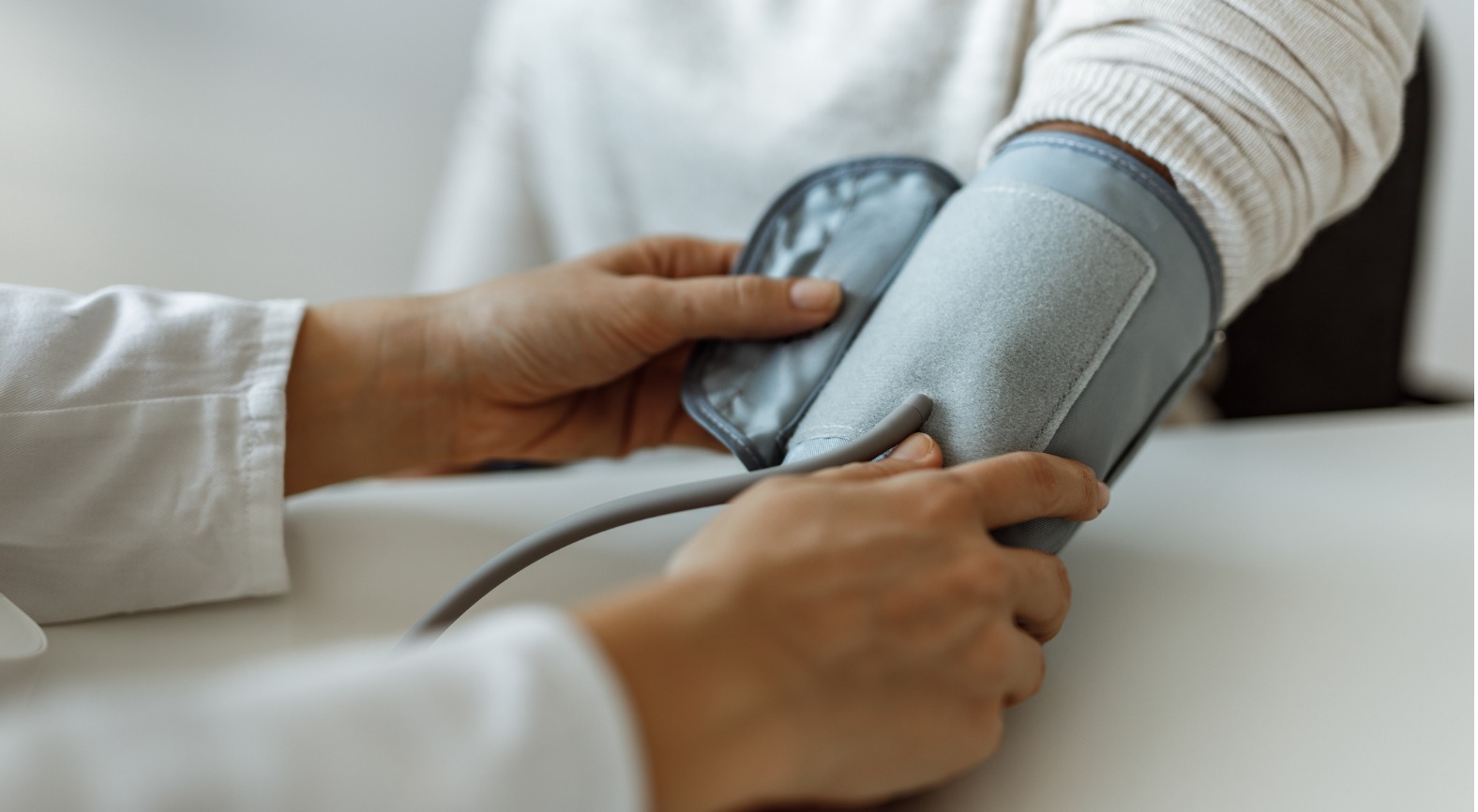It is estimated that 37 million US adults have chronic kidney disease (CKD). Renal disease may progress to end-stage renal disease (ESRD), which is when the kidneys no longer function properly, and dialysis or transplantation is required. As chronic kidney disease progresses, the kidneys become less able to remove fluid from the body.
This may lead to fluid retention in the body, which can cause a number of problems. A fluid-restricted diet may be recommended to prevent these complications. If you are on a fluid-restricted diet, there are specific guidelines you need to follow to make sure you are not taking in too much fluid.
General Guidelines for Following a Fluid Restricted Diet
If your doctor has told you to follow a fluid-restricted diet, it is important to know how much fluid you should have each day. The amount of fluid you are allowed to have will be based on your kidney function. Your doctor or dietitian will calculate your specific needs and tell you how many ounces of fluid you can have each day.
What Counts as Fluid?
When put on a fluid-restricted diet, knowing what beverages and foods count towards your daily fluid intake may be challenging. In general, any liquid that you drink counts as fluid. This includes water, coffee, tea, milk, juice, and soda. There are also certain foods that should be limited if you are following a fluid-restricted diet. These foods may include:
- Soup
- Gravy
- Ice cream
- Pudding and Jell-O
- Sherbet
If you are following a fluid-restricted diet, it is important to talk to your doctor or dietitian about what beverages and foods count as fluid. This will help ensure that you stay within your daily limit. Furthermore, calculating the fluid content of food can be tricky. Your dietitian or doctor will be able to break down the serving size and tell you how much fluid is in each serving.
How Can I Decrease My Thirst?
When trying to limit your fluids, there may be times when you feel thirsty. While it may be tempting to drink something to quench your thirst, sticking to your fluid restrictions is critical. Avoid eating foods with high salt content, such as potato chips, peanuts, and pretzels, as these may make you feel thirstier.
In addition, instead of drinking fluids when you feel thirsty, try chewing a piece of gum or sucking on hard candy. This may help distract you from your thirst and prevent you from having a dry mouth. Eating frozen grapes or other fruits in moderation may also help, as they are a refreshing and low-fluid snack.
How Do I Keep Track of My Fluid Intake?
If you have renal disease and are following a fluid-restricted diet, it is crucial to keep track of your daily fluid intake. Writing down how much fluid you consume daily may assist in ensuring you are sticking to your fluid restrictions. It may also be helpful to fill a container with the amount of fluid you are allowed each day. As you drink fluids throughout the day, you can track how much you have consumed by pouring out an equal amount of fluid from the container. Once the container is empty, you will know you have reached your daily fluid limit.
What Are the Risks of Not Following a Fluid-restricted Diet?
If you have renal disease and your doctor has recommended a fluid-restricted diet, it is vital to follow the diet to avoid complications. Going over your daily intake limit may cause several health problems, such as:
- High blood pressure
- Heart failure
- Fluid in the lungs
- Weight gain
- Swelling in the ankles, legs, or abdomen
These complications may be severe and even life-threatening. Therefore, it is important to follow your fluid restrictions to avoid these risks. If you notice any of these symptoms, call your doctor and seek medical attention as soon as possible.
Boost Your Kidney Function With the Kidney and Hypertension Center
From renal disease and kidney stones to high blood pressure and dialysis, the Kidney and Hypertension Center offers comprehensive care for all your kidney and hypertension needs. Our nephrologists are experienced in treating a wide range of renal conditions and will work with you to keep your kidney function as healthy as possible.
In addition, our hypertension specialists can help you manage your blood pressure and prevent complications such as heart disease. If you are living with renal disease or high blood pressure, the Kidney and Hypertension Center can help you manage your condition and improve your quality of life. Request an appointment today to get started on the journey to better kidney health.




